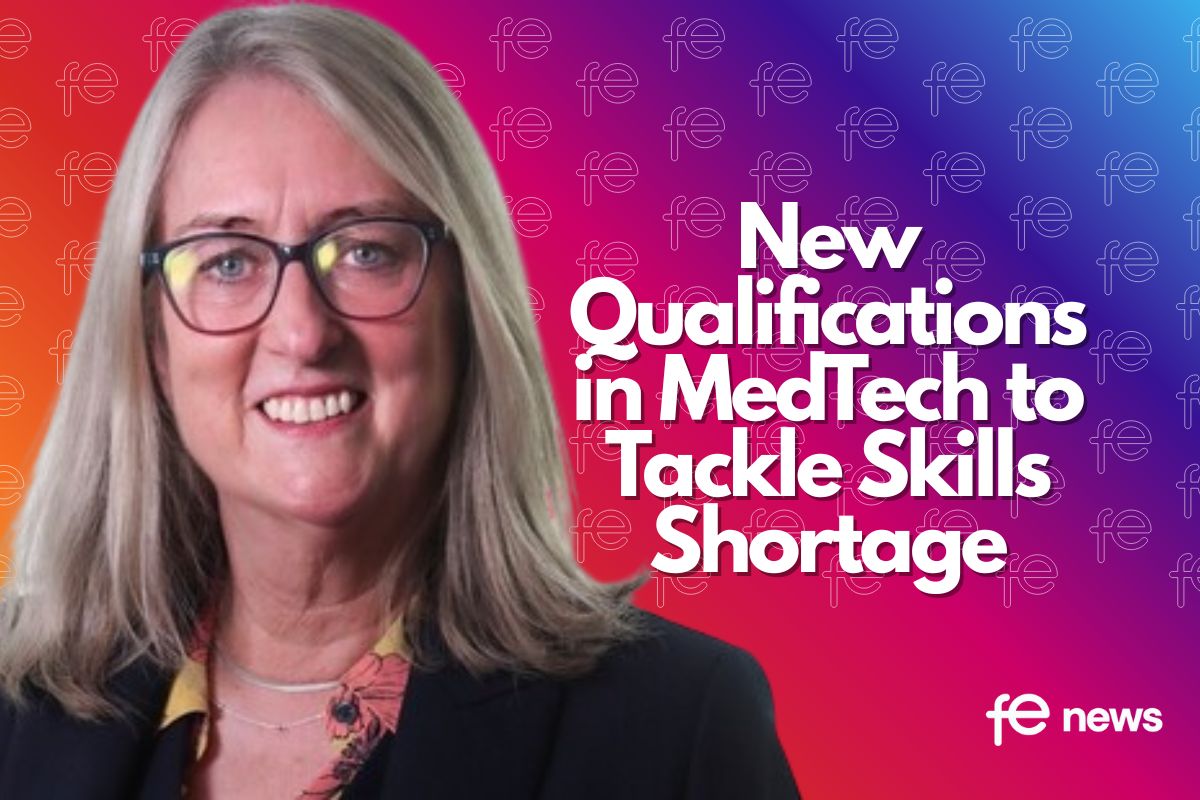The ABC of Youth Mental Health First Aid For Exam Season

Exam season is one of the most difficult times of year for young people, exam pressure can be a large source of stress and can be detrimental to the mental health of students.
Learning mental health first aid and how to spot signs of emotional distress and mental health struggles, you will be able to help in ways that are safe for your friend or fellow students and for yourself.
Mental health first aid is like medical first aid in that you learn how to help someone get the help they need for their problems.
First aid will stop injuries developing into bigger problems than they need to, and the first aider will know how to get help to the patient quicker.
The same principle is applied to mental health first aid; understand the problem, provide immediate help so the situation does not worsen and get help to the patient quickly from better trained and equipped professionals.
First aid is given because without it the patient will get worse; the earlier a person gets help the better for them.
As mental health problems happen to so many people it is likely you will come across someone you know well having these problems. It’s easy to get caught up in someone’s problems and become overwhelmed or the opposite run away from them because of not knowing how to help properly.
Tips for being a mental health first aider – ABC’s of Mental Health First Aid
Assess – Is there an immediate risk, is the person in imminent threat of harming themselves? do you need to contact police or an ambulance?
Be supportive – Listen in a non-judgemental way to the problems your friend or fellow student is having
Contact further help and support – Don’t promise to keep secrets, and ensure you pass on concerns to someone who can take further action
To be able to action these steps you must learn about mental health and how to assess what you are dealing with.
The signs of common mental health problems are well known and can be learned very easily, the most common problems are depression and anxiety, some people may have more severe conditions such as bi-polar or psychosis and others may have problems with deliberate self-harm, eating disorders or substance misuses disorders.
Key things to look for are that might suggest problems with anxiety or depression:
- Changes in mood or behaviour
- Changes in diet and eating habits
- Problems with sleeping patterns
- Problems concentrating or a drop-in ability at school or college
- Regular unexplained absences
- Fear of the future and life or a lack of hope about them
Key things to look for are that might suggest an eating disorder:
- Being very underweight or overweight
- Normal weight but obsession with food and exercise
- Being very controlling around food and relationships
- Perfectionism
Key things to look for are that might suggest addiction issues such as alcohol or drugs:
- Obsessiveness and being very controlling
- Involvement with criminality
- Changes to social network to reflect people who are using and part of drugs culture
- Isolation from family and friends
Learning theses signs and symptoms will allow you to feel confident to what extent you can give immediate help and what other support is needed. Listen then support the person in getting professional advice. Learning about these other avenues is crucial, it’s also crucial when you hand the person on to someone who can help further.
Getting someone to the appropriate service first time means they will follow through on the help more often; having to go from one service to another often means vulnerable people give up.
Often you may be the first person the friend or fellow student opens up to, so not judging them is vital. As is having concrete knowledge to offer them about what they might be experiencing. Often people with mental health problems lack insight into being ill and needing help. Being able to help them see they are ill and that help exists is a powerful intervention for change.
Exam pressure can represent a ticking time bomb in the lives of students. Students can find their lives overwhelmed by exams and it is important to ensure that students have a support network and understand that exam pressure is a normal experience and that it is something that can be dealt with.
Mental Health Help Available in the UK
In the UK we have very good national services available. See your GP – your doctor can refer you or a loved one to local support services and talking treatments. Alternatively, the individual may benefit from a 1 on 1 consultation with a professional in this field to discuss your concerns and work towards creating a care program.
Noel McDermott, CEO, Psychotherapy and Consultancy Ltd
Noel McDermott is a pioneering health and social care professional with over 25 years of industry experience. He is passionate about bringing high quality care and support to those who are vulnerable. Noel’s areas of expertise include mental health, emotional health and wellbeing, child care, trauma, social care, addiction and recovery, distance therapy, refugees and personal development.











Responses